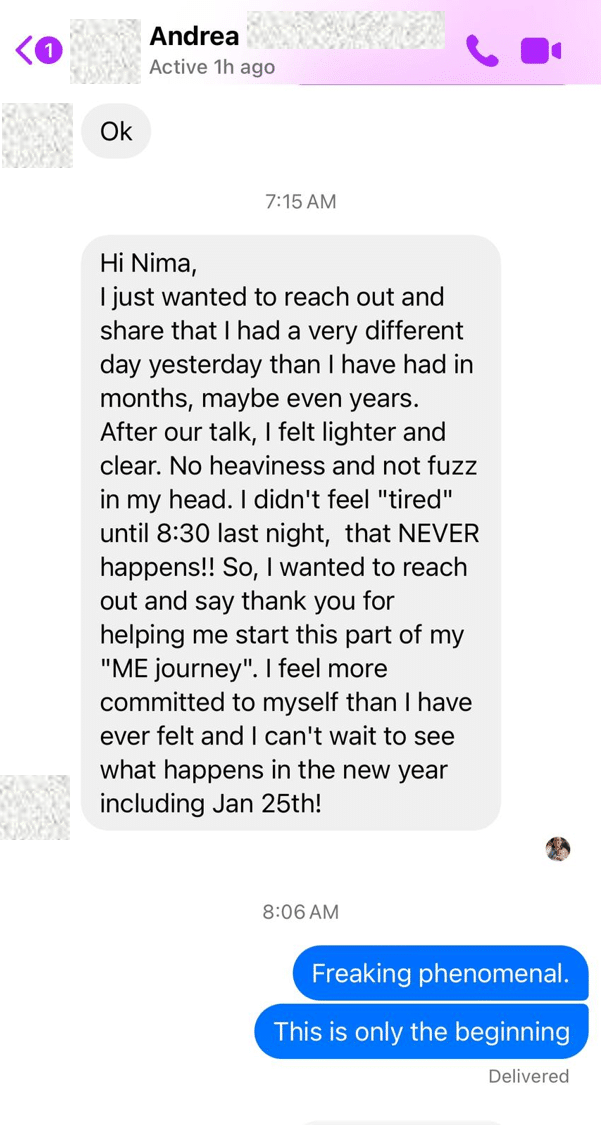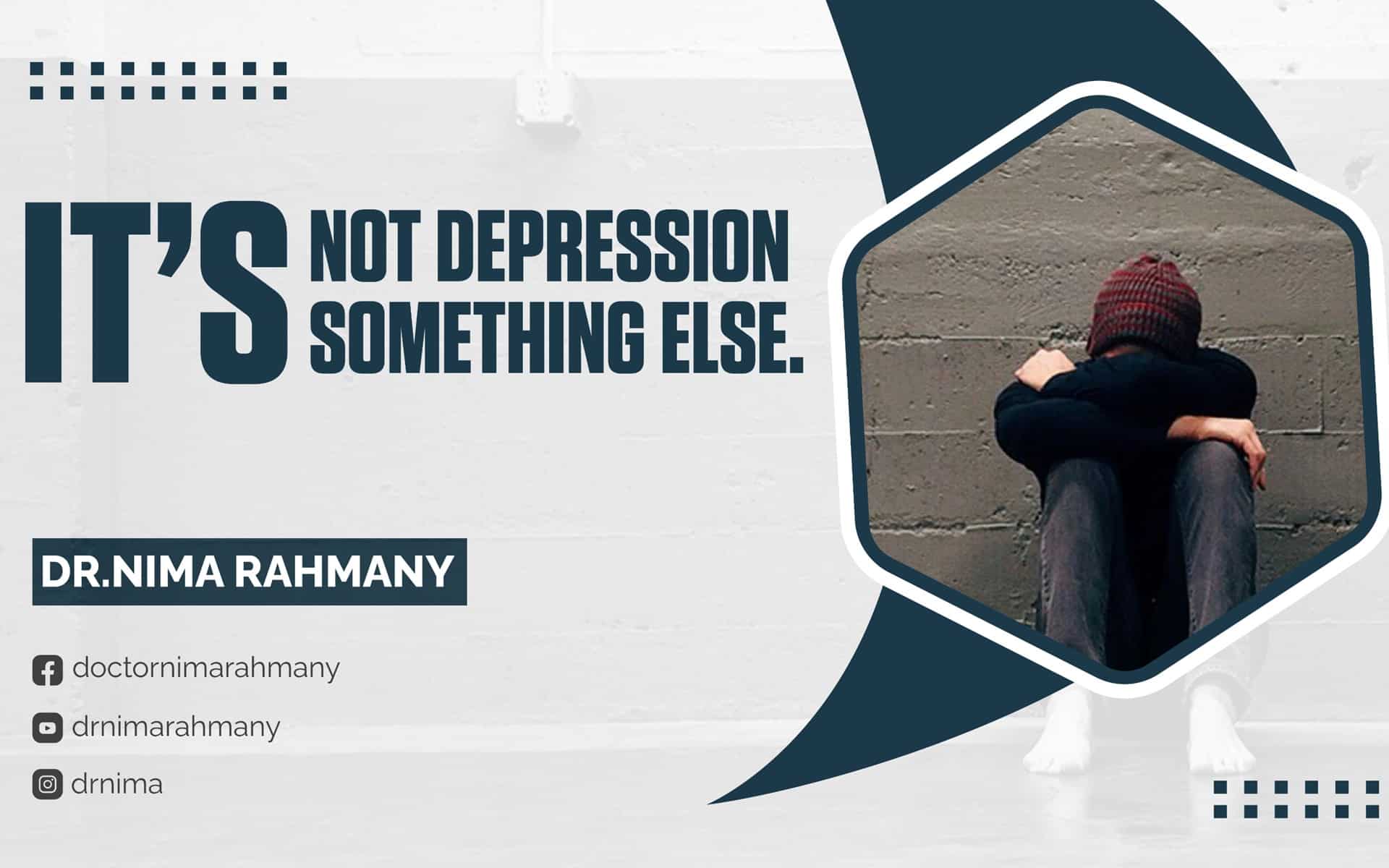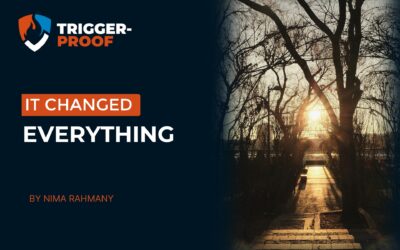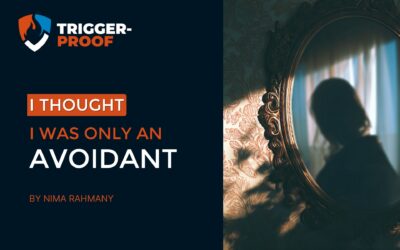When you’re in dorsal vagal shutdown,
your thoughts turn dark.
- “What’s the point?”
- “I’ll never get it right.”
- “Nobody wants me anyway.”
- “I’ll reject myself before they can do it.”
It’s a quiet war that nobody sees.
You isolate not because you want to—
but because it feels safer.
Safer to abandon yourself first…
before someone else does.
Safer to stay numb…
than to face the shame, anger,
and grief buried underneath.
Safer to believe the inner critic who whispers,
“You’re broken. You’re unlovable.
You’re not enough.”
You see, dorsal vagal shutdown isn’t just numbness.
It’s a covert form of self-protection.
Self-hatred becomes your shield.
You reject yourself to feel in control of the rejection.
How heartbreaking is that?
And yet, it makes sense.
Your nervous system is protecting you
in the only way it knows how:
By shutting down. By disconnecting.
But there’s another way.
Here, I share a video snippet from the Overview Experience
breaking this all down:

IT’S NOT DEPRESSION.
(The invitation is to stop talking about yourself
in ways that judge your protective states)
It’s dorsal vagal shutdown—
remember— your body’s attempt to PROTECT you
from feeling what’s really happening underneath:
- The grief of wasted years not living authentically.
- The shame of choosing partners who “feel safe/familiar”
but aren’t true matches. - The fear of abandonment that runs so deep,
you choose self-abandonment first.
And it all ties back to attachment wounds you haven’t yet resolved.
It’s mind-blowing when you see how your nervous system,
your relationships, and your inner critic are all connected.
When you tie it together and become Trigger-Proof,
something shifts.
The shame softens.
The inner critic calms down.
And you start to feel… lighter.
That’s what happened with Andrea when we uncovered this.
Two days after our blind spot call, she sent me this:
This shift can happen for you too.
Because you can heal.
You can learn to feel what you’ve been avoiding.
You can reconnect to yourself—
your truth, your power, and your ability to choose.
It starts with a single moment of clarity.
Next, you’ll be summoned to choose:
to stop avoiding, to stop numbing, and to face what’s really there.
It’s not depression: It’s protection.
It’s not weakness.
It’s courageous to admit, and face head on.
And on the other side of that courage?
Freedom.
Your wingman on the adventure,
Nima
P.S. If you can relate to this blog—
if you’re noticing you’ve been in a dorsal vagal state,
and you know it’s connected to attachment wounds—
tell me your story— including the relevant relational dynamics.
I’m listening.
Share your backstory with me:
- Where are you stuck?
- What therapies or approaches have you tried to resolve it?
- What kind of work do you do?
I’ll see how well you follow instructions,
and if I can help you,
I’ll send you my private calendar link for a blind spot call—normally $497,
but free for those who are ready.
It’s an opportunity to get honest,
critical feedback that isn’t sugarcoated but is delivered with compassion.
If this is resonating with you,
simply reply with all of the above, finishing with:
“Nima, will you please send me your calendar link?”
Let’s uncover what’s been holding you back.





